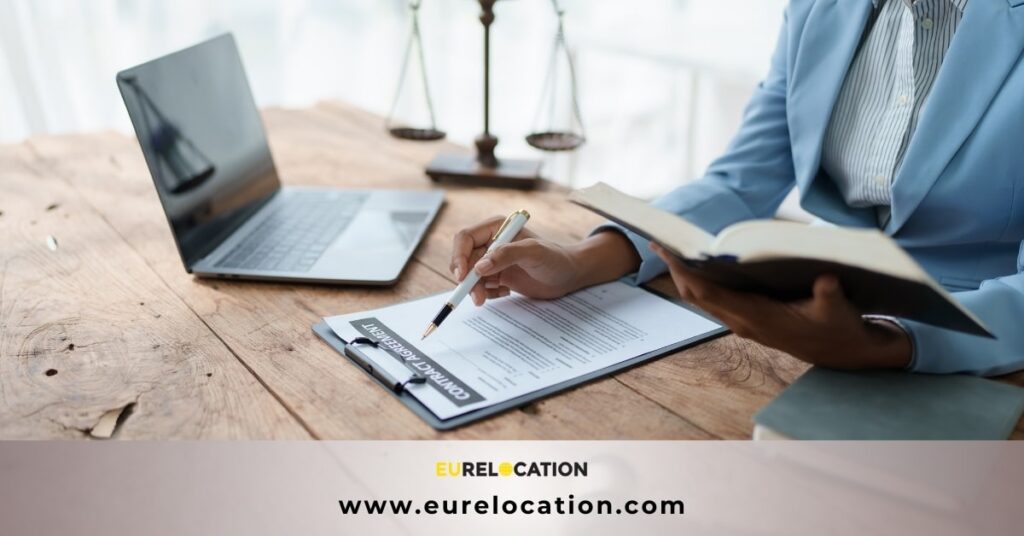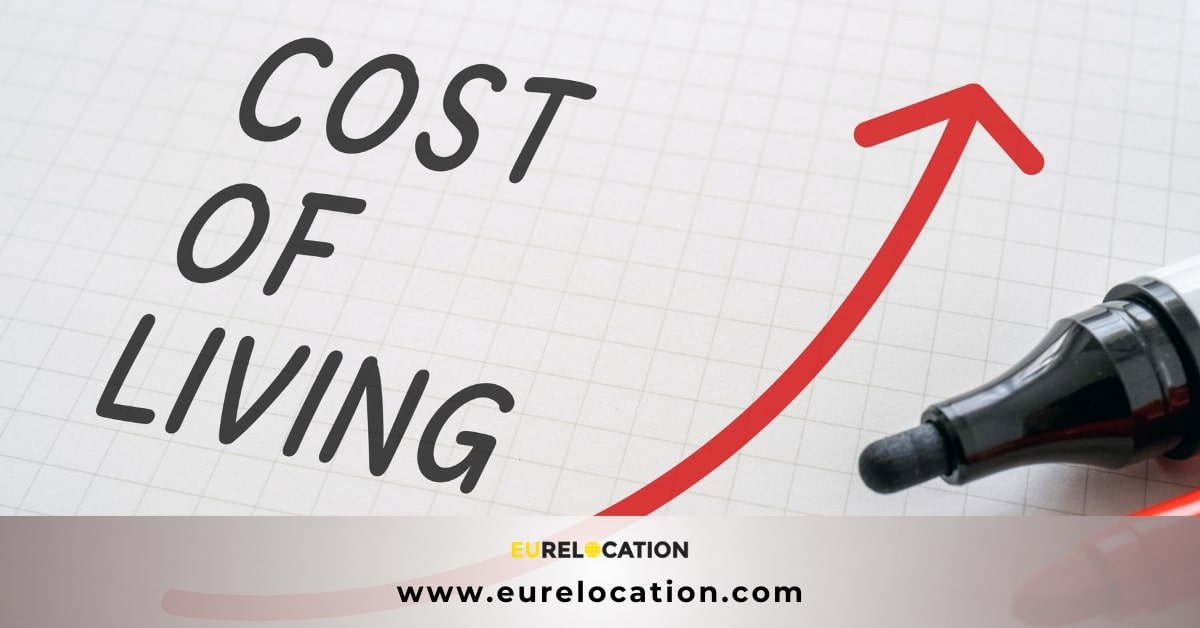When moving to Europe or starting a business here, one important tax you need to understand is VAT in Europe (Value Added Tax). VAT is a sales tax that applies to most goods and services in Europe. It’s a key part of how European countries make money and fund public services. If you’re an expat or a business owner in Europe, understanding VAT is important to manage your finances and avoid penalties. In this guide, we’ll explain the basics of VAT in Europe and what you need to know to follow the rules.
What is VAT in Europe?
VAT is a tax added to the price of goods and services at every step of production or distribution. It’s different from a sales tax because it’s charged at each stage of production, but the final consumer pays the full cost. For example, if an item costs €100 and the VAT rate is 20%, the final price will be €120. The business sells the item and collects the VAT, then sends it to the government.
In the EU, VAT rates are mostly the same, but each country can set its own rate and rules. If you’re an expat or a business owner in Europe, it’s important to know how VAT works in each country you deal with.
Why VAT in Europe is Important
How VAT Helps the Economy
VAT is an important source of money for governments in Europe. It helps pay for public services, schools, healthcare, and infrastructure. Businesses collect VAT from customers and send it to the tax authorities. This makes it easier for governments to get the money they need without having to collect taxes in a more complicated way.
For businesses, understanding VAT is crucial. You need to collect it correctly, keep track of it, and send it to the government. If you don’t, you could face fines or penalties.
VAT Rates in Europe: What to Expect
Different VAT Rates in Each Country
Although the EU has some common rules, the VAT rates vary across countries. For example:
- Germany: 19%
- France: 20%
- Italy: 22%
- Spain: 21%
- Malta: 18%
Some countries have lower VAT rates for certain products, such as food, medicine, or books. These lower rates can help make essential items more affordable. For example, in France, some foods have a reduced VAT rate of 5.5%, while in the UK, the VAT on energy supplies is just 5%.
If your business sells goods or services across borders in Europe, you must apply the correct VAT rate based on where the customer is located and the type of product.
VAT Registration: Do You Need to Register for VAT in Europe?
Do Expats Need to Register for VAT?
As an expat, you may need to register for VAT in Europe if you’re starting a business or selling goods and services. If your annual business income is above a certain amount (usually between €30,000 and €100,000), you must register for VAT. If your income is below this amount, you might not have to register but can choose to do so to claim back VAT on business expenses.
How to Register for VAT in Europe
The VAT registration process can vary from country to country. Usually, you’ll need to submit an application to the local tax authorities, provide details about your business, and get a VAT number. After registration, you’ll need to show this number on your invoices.
Non-EU expats who want to sell goods or services in the EU may also need to register for VAT.
How VAT Invoices Work
Why VAT Invoices Are Important
To stay compliant with VAT in Europe, businesses must issue VAT invoices. These invoices must show the VAT amount charged and include important details like:
- The seller’s VAT number
- The date of the sale
- A description of what was sold
- The total price before VAT
- The VAT rate applied
Getting this right is important to avoid mistakes and penalties.
VAT for Expats: What to Know
VAT for Expats from Non-EU Countries
If you’re moving to Europe from outside the EU, you’ll likely pay VAT on goods and services you buy here. However, in some cases, you might be able to get a VAT refund when you leave the country, depending on the rules in that country.
VAT for Expats Already in the EU
If you’re already living in an EU country, VAT rules can vary depending on whether you are buying goods from outside the EU or selling goods and services within the EU. It’s a good idea to check the VAT rules in your country to make sure you’re following the correct steps.
VAT in Europe for Online Sales
VAT on Cross-Border Sales
If you run an online business in Europe, you’ll need to understand how VAT applies to cross-border sales. In the EU, there are rules that make it easier to sell goods across borders, but you still need to apply the correct VAT rate based on where your customer lives.
VAT for Digital Goods and Services
When selling digital goods (like e-books or software), VAT is charged based on where your customer is located, not where your business is based. This means if you sell digital products across the EU, you must apply the right VAT rate for each customer’s country.
What Happens If You Don’t Follow VAT Rules?
Penalties for Mistakes
Failing to follow VAT rules can result in fines or having to pay back VAT that you didn’t submit. This can be expensive for businesses and stressful for expats. It’s important to stay updated on the VAT rules in your country and get help from an expert if needed.
Common Mistakes to Avoid
Some common mistakes businesses make include:
- Not registering for VAT when required
- Using the wrong VAT rate
- Failing to keep records or issue VAT invoices
Staying informed and making sure you follow the rules will help you avoid penalties.
Conclusion: Getting VAT Right in Europe
Understanding VAT in Europe is important for expats and business owners. VAT rates and rules may be different across countries, so make sure you know what applies to you. By registering for VAT, keeping track of VAT invoices, and following the rules, you can avoid fines and run your business smoothly in Europe.
Frequently Asked Questions About VAT in Europe
1. Do I need to pay VAT on everything I buy in Europe?
No, VAT rates vary depending on the country and the type of product. Basic items like food or medical supplies may be exempt or have a lower VAT rate.
2. What happens if I don’t register for VAT when I should?
If you need to register and fail to do so, you may face fines or be required to pay back VAT.
3. Can I get a VAT refund as an expat in Europe?
Yes, depending on the country, you may be eligible for a VAT refund on goods you purchase in Europe.
4. How are VAT rates different between EU and non-EU countries?
VAT rates are usually higher in the EU, but VAT exemptions or lower rates may apply to certain products.
5. What is the VAT registration threshold in Europe?
The VAT registration threshold varies between €30,000 and €100,000, depending on the country.
6. Is VAT charged on digital goods and services in Europe?
Yes, VAT is charged on digital products like e-books and software, based on the customer’s location.









